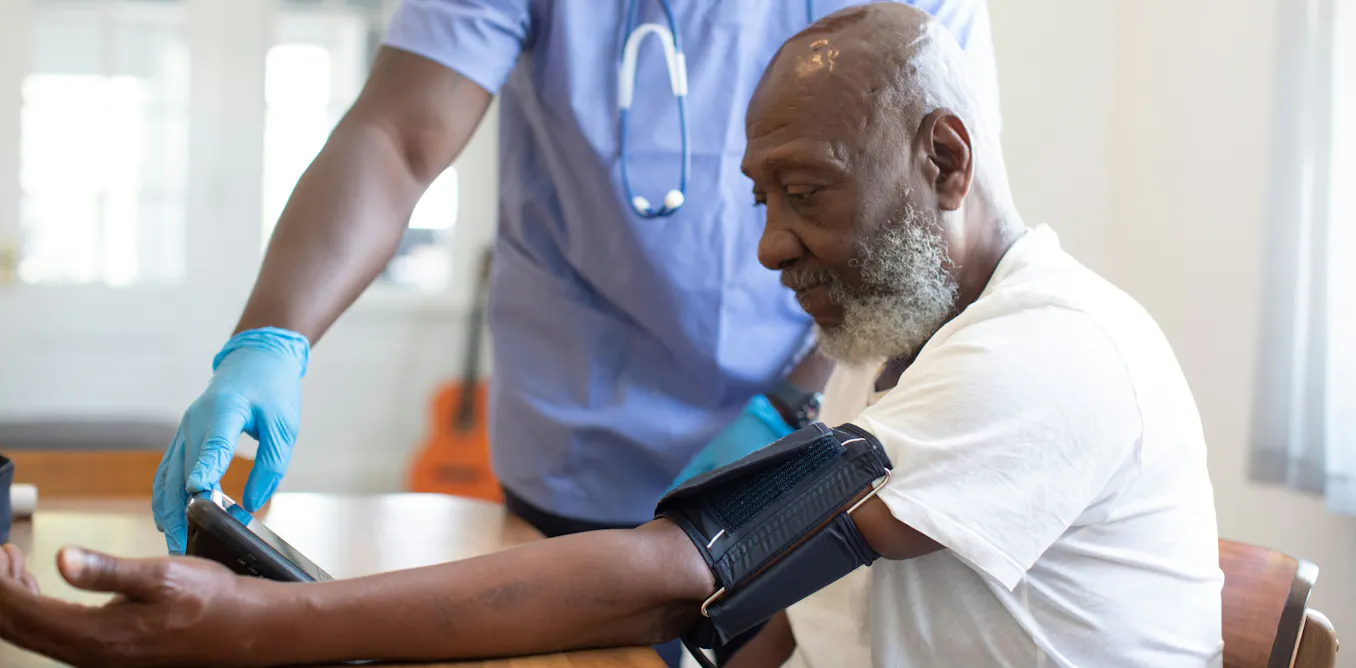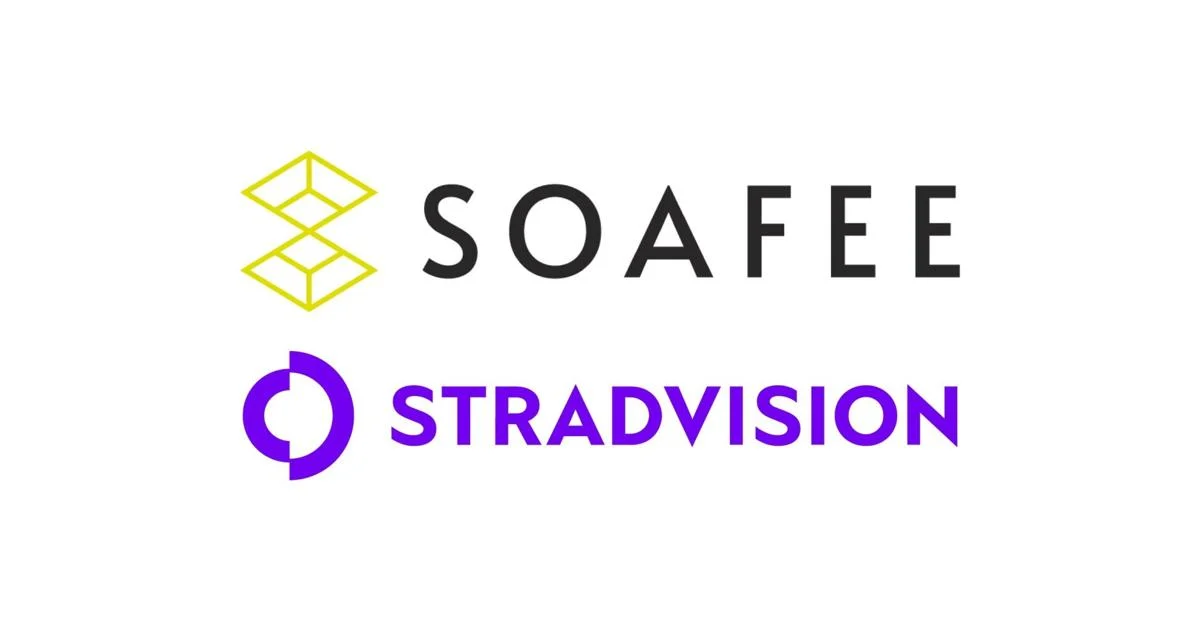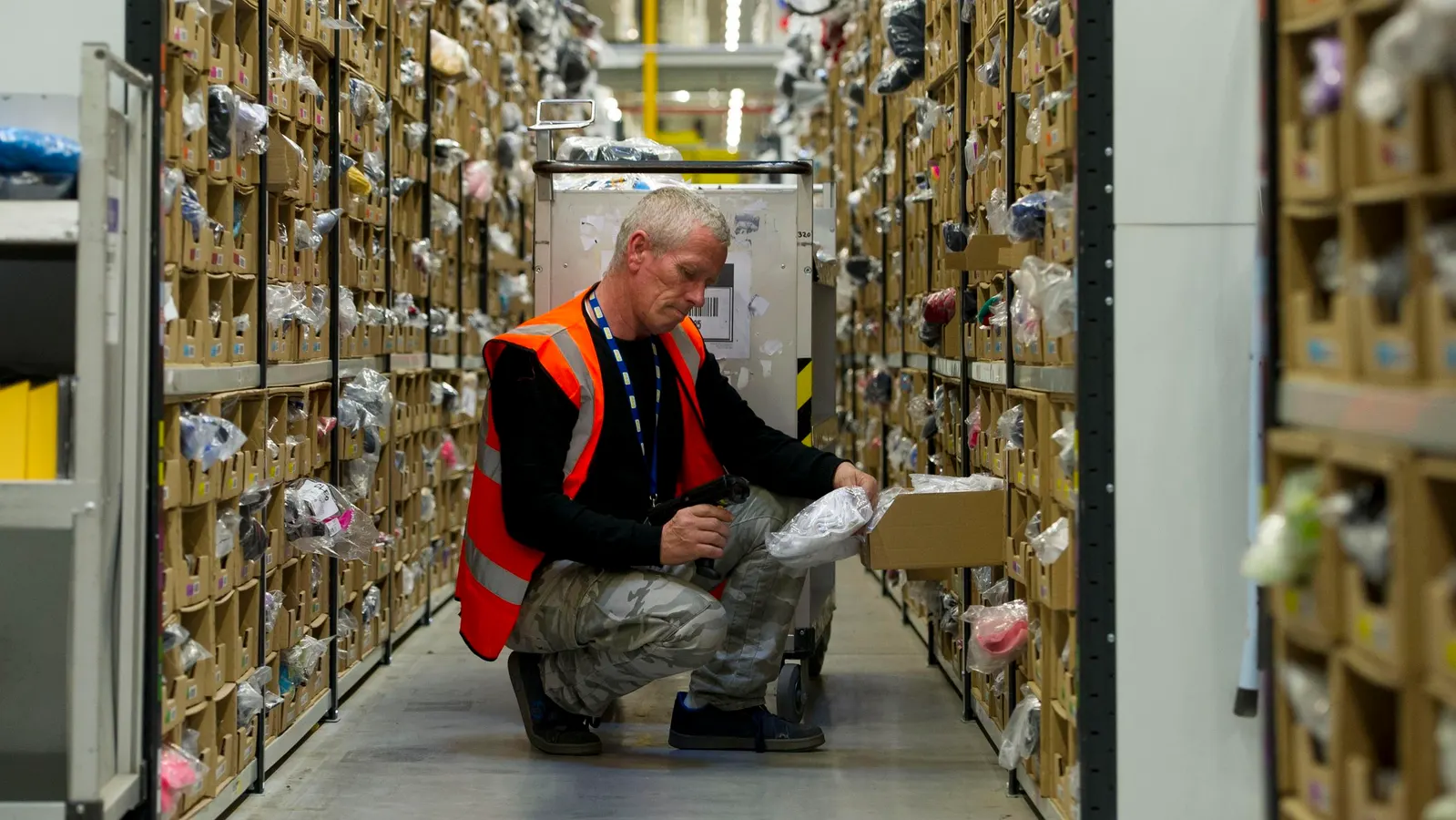Copyright theconversation

New drug approvals by Health Canada are based on the results of clinical trials. But before clinical trials can go ahead, they need to be approved by ethics committees known as Research Ethics Boards (REBs). Virtually all hospitals where research is conducted have REBs, as do universities and other institutions. The REBs are supposed to ensure that patients understand the nature of the research and have given informed consent, that the trials are conducted in an ethical way that minimizes any harm to them and that the investigators are competent to do the research. Given the crucial role they play, it’s important that REBs are not influenced by factors like financial motives, conflicts of interest or the goals of drug companies. Without oversight, these factors may encroach on the decisions made by REBs in Canada. REBs in Canada All that Canada’s Food and Drug Regulations say about REBs is that they need to approve clinical trials. The Tri-Council Policy Statement does lay out who needs to be on a REB and gives some details about how REBs should operate, but these regulations only apply to research that’s funded by the tri-council, comprising the Canadian Institutes of Health Research (CIHR), the National Science and Engineering Research Council and the Social Sciences and Humanities Research Council. Canada has no accreditation or inspection system for REBs and no oversight mechanism for the way that they undertake their reviews. An article in the Journal of Law, Medicine and Ethics noted that: “Aside from identifying information on the REB and its chair, no further information about the REB or its review is required” by Health Canada. There used to be a National Council on Ethics in Human Research. The organization largely provided education, but there was the possibility that it could have been transformed into a national accrediting and oversight body. But in 2010, its funding from Health Canada and CIHR was pulled. In its place, the Canadian General Standards Board published the voluntary Canadian Standard for Research Ethics Oversight of Biomedical Clinical Trials, but this guidance was withdrawn in 2018 due to limited use and support for its revision. The still existing Canadian Association of Research Ethics Boards operates as a forum for discussion and has no regulatory powers. For-profit REBS The absence of any standards and regulations is becoming increasingly problematic. At least 70 per cent of clinical trials are now being done in the community, outside of health-care institutions and their in-house REBs. In addition, drug companies, which sponsor the vast majority of clinical trials, want a quick turnaround in approval by REBs. A report by the Law Commission of Canada described academic based REBs as: “overburdened and … stretched to the breaking point … As the work becomes increasingly complicated with globalization, technology and commercialization, REBs are struggling to find committee chairs or even members.” In response to the movement of trials into the community where they aren’t covered by institutional REBs, it’s reasonable to assume that the number of for-profit REBs has grown, although there are no definite estimates of their number. Drug companies pay these for-profit REBs a fee to review their trials. Trudo Lemmens, professor and Scholl Chair in Health Law and Policy at the University of Toronto Faculty of Law, has argued that the credibility and integrity of the research review is compromised by the perception of a possible conflict-of-interest (COI) when commercial REBs approve a clinical trial. If the REB turns down too many trials or demands costly changes to the research protocol, companies may be reluctant to continue to submit future research proposals to it. Although to date, there has not been any research to verify or refute this concern, Lemmens argues that the honesty of individual REB members is not enough to remedy this situation. In early October 2025, the New York Times published an investigation of for-profit Institutional Review Boards in the United States. Institutional review boards are the American equivalent of REBs. The story focused on two companies that dominate the business: WCG and Advarra, the latter controlled by private equity. According to the Times, both companies “have close corporate relationships with drugmakers. And both have become part of multipronged enterprises selling pharmaceutical companies a wide range of drug-testing services — blurring the line between the reviewer and the reviewed, introducing potential conflicts of interest that threaten the review boards’ mission.” Several former Advarra employees told the Times that the company had imposed daily quotas on reviewing informed-consent forms for trial volunteers. Alana Levy, a former consent form development editor, said that falling short meant “you get a warning” but if you reviewed over a certain number you could get a bonus. Advarra refuted those allegations and said it “maintains strong safeguards and internal policies to ensure the independence of its Institutional Review Board.” Advarra also operates in Canada and “supports more Canadian sites than any other partner, offering the broadest provincial coverage and experience in the industry.” On its website, it advertises the speed of its reviews with a turn-around time of four to five days for reviewing protocols and consent forms for trials taking place at multiple sites. Oversight needed When good ethical oversight is lacking, the patients in clinical trials may be put at risk. The results from those trials may be compromised, meaning that the information that doctors rely on to prescribe the drugs is unreliable, and their patients are getting suboptimal care. Health Canada needs to step up and establish regulations for how REBs operate and have an inspection system to ensure that its regulations are being followed. Alberta is the only jurisdiction in Canada without for-profit REBs. Among its other responsibilities, the Health Research Ethics Board of Alberta oversees ethics approval of research involving human subjects that is done in the community. Other provinces should follow the Alberta model.



